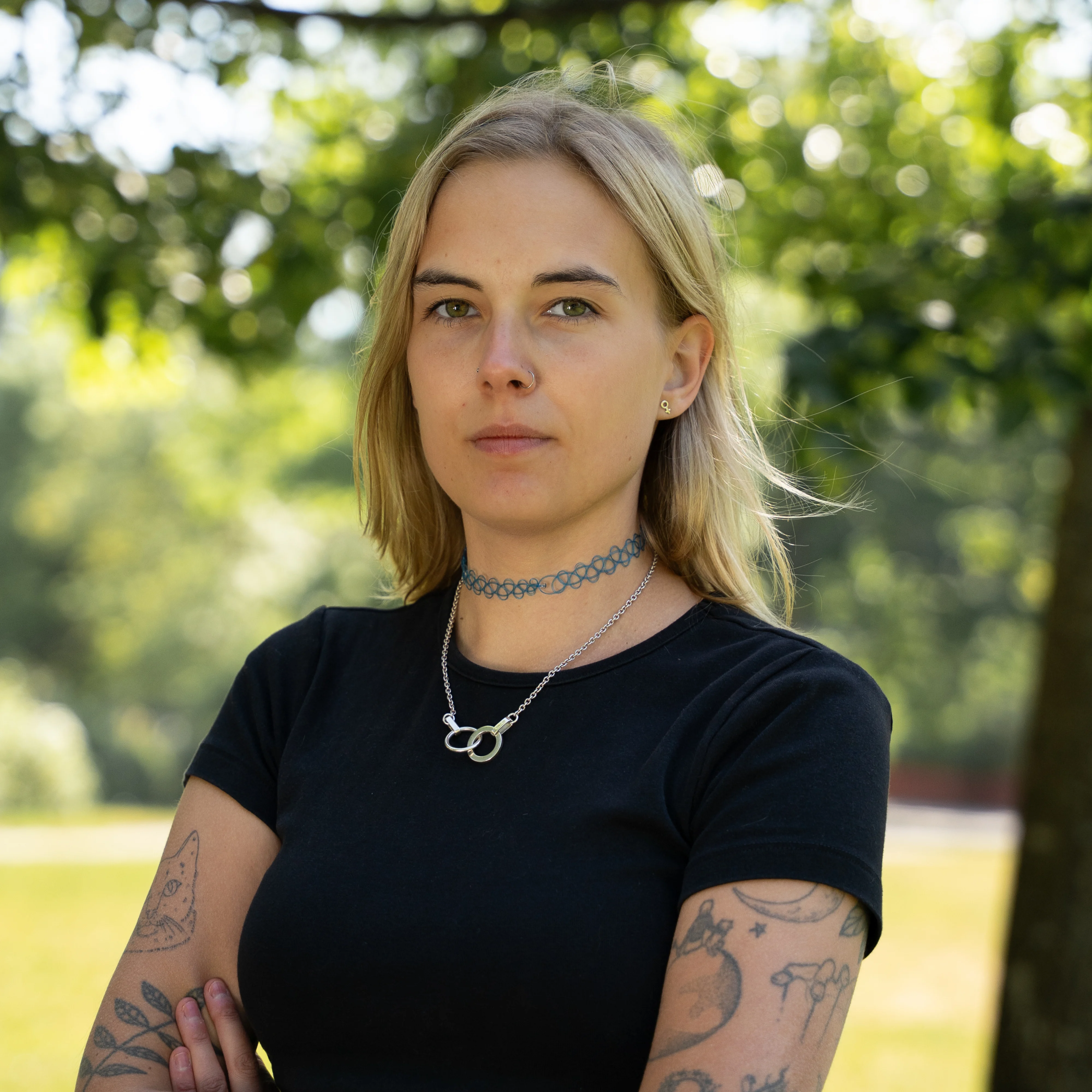
Are hotel, restaurant, and fast-food chains taking responsibility in the plant-based transition?
Project 1882 has just released a new report showcasing the growing trend towards plant-based transitions in the Swedish hotel, restaurant, and fast-food industry. Companies are encouraged to set clear goals to improve the lives of animals, rather than replacing one type of animal species with another.
“Plant-based transition – Are hotel, restaurant, and fast-food chains taking responsibility in the plant-based transition?” highlights some of Sweden’s leading players in the hotel, restaurant, and fast-food industry. The report outlines the goals and strategies these companies have implemented, as well as those yet to adopt goals, to reduce meat consumption in Sweden.
The report points out that several companies are replacing red meat with chickens, which means more animals are being killed and are suffering in factory farms. In Sweden, over 100 million chickens are born and slaughtered every year under conditions that Project 1882 strongly criticizes. Frankenchickens live in cramped spaces, and rapid growth often leads to health problems and significant suffering for the animals.
– Replacing red meat with chicken is not a sustainable solution. Companies in the hotel, restaurant, and fast-food sectors must take responsibility and reduce their total use of animal protein, rather than just replacing one animal species with another, says Nathalie Söderström, Director of Corporate Relations at Project 1882.
Scandic is leading the change among hotel chains
Among hotel chains, Scandic Hotels Group is leading the way in committing to plant-based alternatives. The chain has set a goal for 60 % of all the food they serve to be plant-based by 2025. In dialogue with Project 1882, Scandic reports that they have so far managed to reduce their meat purchases by nearly 30 % thanks to this goal, which is a step in the right direction.
One hotel chain that has chosen not to engage in discussions with Project 1882 is First Hotels, which the organization finds disappointing. First Hotels has also not responded to the survey sent out by Project 1882. Meanwhile, other major players in the hotel industry, such as Strawberry, have begun conversations with Project 1882 to set concrete goals for a plant-based transition. Despite this, they are still falling short compared to Scandic in this area.
Restaurants need clearer goals
Linnea & Basilika tops the list in Project 1882’s report among restaurant chains taking responsibility for a more sustainable and animal-friendly future. After discussions with Project 1882, the chain has chosen to set ambitious goals, committing to reduce their use of red meat by 70 % by 2030 and to cut chicken purchases by 50 % by the same year.
– I have been in the industry long enough to have seen scandal after scandal in animal production. More plant-based options are the way to move forward, and that is the direction we are heading, says Tony Lindgren, Head of Product and Business Development at Linnea & Basilika.
Chop Chop, Grekiska, Pong Gruppen, Rasta (owned by Burgsvik Group), and Texas Longhorn lack concrete and public goals to reduce the use of animal protein and have chosen not to respond to Project 1882’s survey.
Many fast-food chains are falling behind in plant-based transition
As early as 2022, KFC Sweden announced, after discussions with Project 1882, their goal to increase the sales of plant-based proteins by 5 percentage points per year by 2030. This demonstrates a clear and long-term commitment to reduce their reliance on animal proteins and contribute to a more animal-friendly and sustainable future. Consequently, they rank among the top fast-food chains.
Max Burgers Sweden has on their own set a goal to reduce the sale of red meat and instead focus on plant-based burgers. Unfortunately, they are also investing heavily in using chicken meat, similar to several other major fast-food chains in Sweden. However, Max distinguishes itself by clearly focusing on replacing one animal species with another, resulting in more animals being killed. None of the chains Burger King Sweden, McDonald’s Sweden, Sibylla, or Subway Sweden have chosen to respond to Project 1882’s survey.
– Companies have started to take steps in the right direction, but clearer goals and more ambitious strategies are needed to genuinely reduce meat consumption and promote plant-based food. It is time for companies to take their responsibility seriously and become part of the solution, concludes Nathalie Söderström.
Help us save lives!
Project 1882 strives for a world where every life matters. By supporting our work, you help make that vision become a reality.
